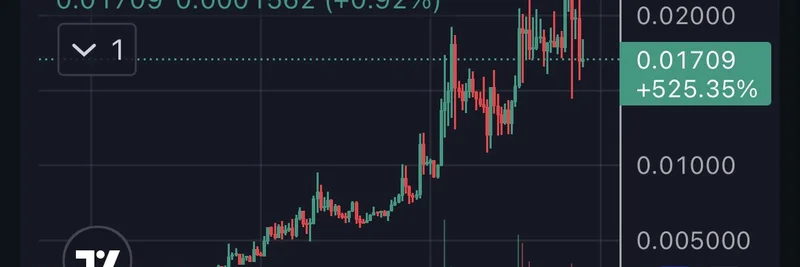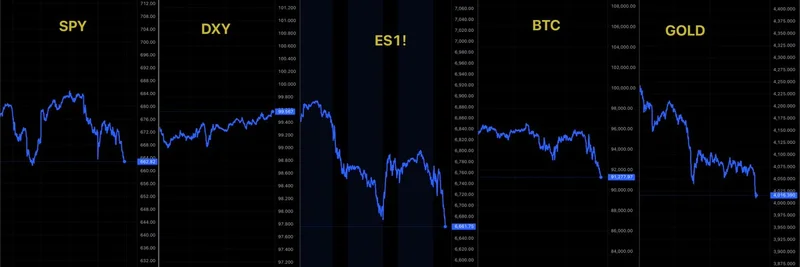Perianne Boring, the founder and chair of the Chamber of Digital Commerce, isn't one to hold back when it comes to calling out what she sees as unfair media portrayals of the crypto world. In her latest post on X (formerly Twitter), she took aim at a recent 60 Minutes segment that dove into President Trump's pardon of Changpeng Zhao—better known as CZ—the founder of Binance, the globe's biggest crypto exchange. Boring described the piece as "packed with bias and sensationalism over substance," and she's not wrong to point out patterns here, especially since she flagged similar issues in their coverage just last year.
Let's break this down a bit. The 60 Minutes episode focused on Trump's decision to grant a full pardon to CZ, who had pleaded guilty back in 2023 to money laundering violations at Binance. The company shelled out a whopping $4 billion fine, and CZ did a short four-month stint in prison. The segment raised alarms about potential conflicts of interest, suggesting the pardon might tie into benefits for Trump's family crypto venture, World Liberty Financial. Interviewees like former Justice Department official Elizabeth Oyer called it outright "corruption," while Harvard's Lawrence Lessig labeled Trump as "compromised." They highlighted how an Emirati fund's $2 billion investment in World Liberty, facilitated through Binance ties, could smell like self-dealing.
But here's where Boring's critique hits home: the piece leans heavily on dramatic language—words like "corruption" and "compromised"—without much counterbalance from the crypto side. No interviews with CZ, Binance reps, or World Liberty folks; just emailed denials. It's the kind of reporting that paints crypto as a shady underworld, fueling public skepticism. Boring linked back to her 2024 thread where she slammed another 60 Minutes crypto feature as a "missed opportunity" for balanced discussion, arguing it showed "a clear bias and lack of understanding of cryptocurrency’s fundamental principles."
This isn't just nitpicking. In the world of meme tokens and broader blockchain tech, media narratives like this can sway investor sentiment and regulatory vibes overnight. Think about it: meme coins thrive on community hype and viral moments, but when mainstream outlets like 60 Minutes frame the entire industry as a risk to national security or a tool for self-enrichment, it spooks newcomers and amps up scrutiny. Boring's point? We need facts over fear to build real trust.
If you're in the meme token space, this is a reminder to dig deeper than headlines. Check out Boring's full thread on X for her take, and maybe revisit that 60 Minutes transcript yourself. Who knows—balanced reporting could be the next big catalyst for crypto adoption. What do you think? Is the media finally catching up, or still stuck in the past?




